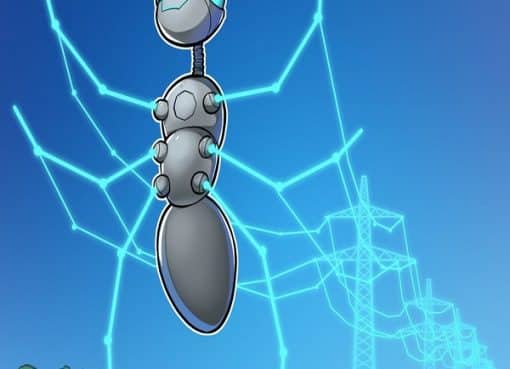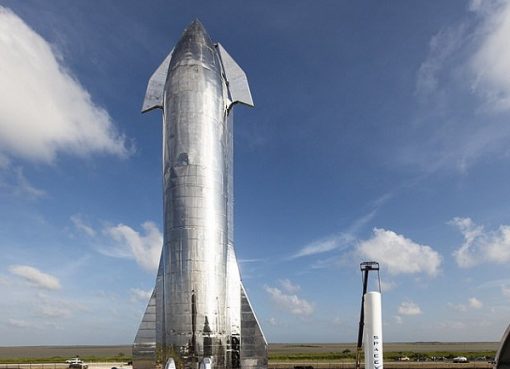The dilapidated nature of major infrastructures in seaports across the nation continues to cause setback for trade facilitation. It is a development that has continued to hinder the much-anticipated economic growth and revenue generation.
So far over 85 per cent of these infrastructures are 40 years old and above and need to replacement.
While other maritime nations including the neigbouring countries are busy investing in modern technological equipments like scanners, CCTV cameras, drones among others to ensure security, effective cargo clearance system among others, none of the Nigerian seaports can boost 90 per cent of modern technological gadgets.
Maritime stakehokders believe that situation had worsened due to lack of planning by the successive governments and clash of interest by ministries overseeing the sector. Some of the government agencies involved in the oversight include the Ministry of Works (managing the roads); Ministry of Transportation (managing the railway) and Ministry of Finance (overseeing the customs).
The unpalatable situation has led to appreciable loss of fortunes to other neighbouring countries, now attract ing Nigerian- bound cargoes.
Already,Nigeria has lost billions of dollars over these years due to diversion of the nation’s bound cargo to neighbouring ports.
Dilapidation of ports access road
For several years now, stakeholders had raised the alarm over the rapid dilapidation of Nigeria ports access roads without the authorities paying attention or even taking actions to fix the roads, until recent efforts propelled by private concerns.
The cumulative effect of poor access roads on trade facilitation is enormous, considering that cargoes cannot exit the ports, after Customs clearance for weeks and even months. Bad as the roads may be, it is even worse when they are used as holding bays by trucks carrying empties for discharge in the ports.
According to the National Publicity Secretary, Association of Nigerian Licensed Customs Agents (ANLCA), Adumaza Joe Sanni, the Nigerian Ports Authority that engaged shipping companies, trucks owners associations, and other stakeholders in dialogues on the menace, ended up without enforcement strategies and sanctions, in case of violations.
He added: “And that is where we are today, that despite the involvement of the office of the Vice President of Nigeria, the roads have now got to a point where they are now very expensive to fix. Everyone is now blaming the other person. Who is really to blame? Government, if you ask me, for lacking the political will to enforce decisions, especially after stakeholder’ engagements.”
Non-provision of scanners for containers and cargoes inspection
Before now, Nigeria was using scanners at the ports. What suddenly went wrong to warrant the discontinuance of the use of scanners is a million dollar question begging for answers. So much sounds about scanners, but no political will to bring the sounds to fruition.
Promises of the provision of scanners at the seaports was in the recent past, made by the Comptroller General of Customs (CGC) – Col. Hameed Ibrahim Ali (Rtd) on the October 4, 2017 during an inspection tour of the ports in Lagos.
The CGC had promised that the new cargo scanners would arrive Nigeria next year and that tthey would arrive the ports by the first quarter of 2018, to make cargo examination easier and faster.
He had earlier said that the service had presented a memorandum for approval to the Federal Executive Council during one of their meetings then, and have already commenced the procurement process.
Responding to stakeholders’ demand for the audit of N9.2 billion scanners at the ports, the CGC noted that after examining the scanners, only two can be immediately repaired and put to use, but the others will be repaired over time. That statement was made in February of 2017 by the CGC, but by June 8, 2017, the CGC again said hopefully, before a couple of months from now, “we will have scanners at the ports.” Regretably till date, Nigeria cannot boast of functional scanners at the ports and border stations.
Speaking with Daily Sun, Sanni lamented; “I don’t know what kind of politics will continue to avoid the truth and consistently stick with falsehood, in the face of prevailing hard facts and the absolute need to install scanners in all our international boundaries to facilitate trade.
“How can one explain the fact that it is no rocket science to enter into a Public Private Partnership (PPP) to procure, install and train Customs officers on the use of digitalised, tropicalised and rugged industrial scanners to facilitate trade across International borders and ensure the security of lives and property?”
However, when scanners were in operation at the nation’s ports and border stations, managed by Cotecna, SGS, Globascan, and Bureau Veritas, deliberate and conscious efforts were not made for the extinction of the contract, and to deliberately prepare Nigeria Customs Service personnel to manage, maintain, repair and, source for spares parts of the scanners. Some conspiracy theories postulated that Customs never wanted the scanners to work in the first place, and therefore deliberately guided it to the non-functional states they are now, for reasons best known to them.
Coming as a surprise to the Nigeria Customs Service, the management and maintenance could not be sustained and therefore, most of the scanners packed up in installments.
Sanni said, “today, we are unable to replicate what it was then and even surpass it by leveraging on our human and material resources to buy over the technology, train our personnel and deploy same to our ports and border stations, for our safety, security and revenue generation purposes.”
He stated that Nigerian minders of the ports system should up their game and come to terms with the fact that provision of industrial scanners at all the nation’s international boundaries, should be tackled headlong and done with within weeks of returning to normalcy in the economic sector of Nigeria, after the COVID-19 shutdown and lockdown.
Installation of CCTV cameras to monitor human and cargo movements in the ports
In order for the total security coverage of the entire ports area, the massive deployment of the Close Circuit TeleVision (CCTV) cameras is most desirable now, especially at the scanning sites, the 100 per cent examination bays, the main exit gates, inside the terminals and around the Customs Processing Centers.
CCTVs will ensure the constant monitoring of cargoes and human movements within the ports. Apart from watching out for suspicious movements, CCTVs will provide real-time exiting of cargoes, because any delays will instantly be queried from the central monitoring and control room/center.
Source: The Sun










